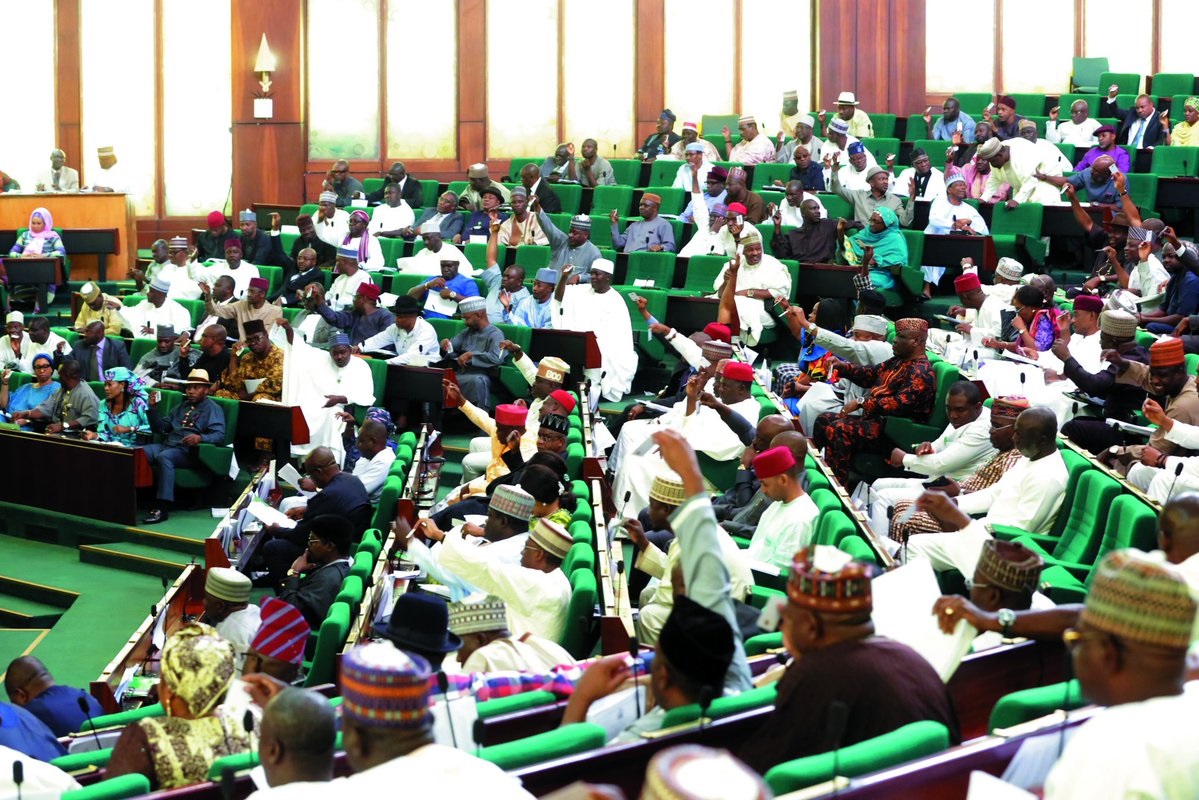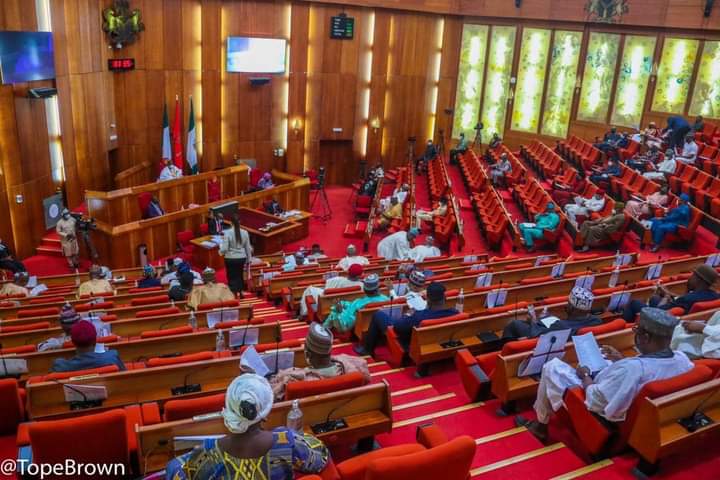The house of representatives has asked the Central Bank of Nigeria (CBN) to suspend the directive that banks should collect and verify the social media handles of customers.
The lower legislative passed the motion during the plenary session on Tuesday following the adoption of a motion sponsored by nine lawmakers.
In the guideline issued in June, the apex bank said the objective of the regulation — which is part of banks’ know-your-customer (KYC) procedures — is to prevent financial crimes and terrorism and to enhance the precision and thoroughness of customer identification.
According to the CBN, the policy is intended to enable financial institutions to gather information in accessing customers’ online presence and activities for better assessment of potential risks associated with money laundering, terrorism financing and proliferation financing.
Advertisement
While leading the debate on the motion, Kelechi Nwogu, a lawmaker from Rivers, said while the policy is commendable, it violates section 37 of the constitution which guarantees privacy rights.
“As laudable as this directive may appear, it is unnecessary as it is likely to bear pressure on teeming Nigerian masses at a trying period,” he said.
He said financial institutions in the country already have the names, telephone numbers, passport photographs, emails, national identification numbers (NIN), biometric verification numbers (BVN), utility bills and other basic requirements with which to identify, know and monitor customers.
Advertisement
The lawmaker said there are better means of monitoring money laundering and terrorism financing which are through the Nigeria Police Force (NPF), Nigeria Financial Intelligence Unit (NFIU), the Economic and Financial Crimes Commission (EFCC), intelligence and crime tracking agencies, among others.
“If the directive takes effect, Nigerians who are not on social media, with large turnovers from their businesses and trades, would be compelled to or systematically excluded from formal banking systems with its attendant negative effects and implications,” he said.
The legislator said the policy may cause “untold hardships” to millions of Nigerians, especially the illiterate or semi-literate business owners, traders and entrepreneurs living in the villages and rural areas who do not have social media handles if the policy is implemented.
“Implementing the CBN’s directive at this point may clearly be unnecessary as it is likely to bear a lot of pressure on teeming Nigerian masses,” he said.
Advertisement
“There is a need to revisit and halt the Central Bank of Nigeria directive to reduce the hardship and pain faced by teeming Nigerians.”
The motion was unanimously adopted when it was put to a voice vote by Tajudeen Abbas, speaker of the house and presiding officer.
‘STOP EXCESS CHARGES AND ILLEGAL DEDUCTIONS’
In a related development, the house has asked commercial banks to stop alleged “excess” illegal charges and deductions from customers’ accounts.
Advertisement
The house passed the motion after the adoption of a motion sponsored by Godwin Offiono.
While moving the motion, Offiono claimed that financial institutions in Nigeria indulge in the “unethical practice of fleecing their customers through excess charges and unauthorised deductions”.
Advertisement
He said customers of deposit money banks are “groaning over excessive charges on their accounts” and financial institutions have “introduced different deductions to increase their income, a development that is uncomfortable with customers”.
“Apart from stamp duty, bank customers also pay value-added tax (VAT) charges applicable on all vatable transactions in their account,” he said.
Advertisement
Following the adoption of the motion, the lawmakers resolved to investigate the issue of “illegal deductions” by commercial banks.
Advertisement






